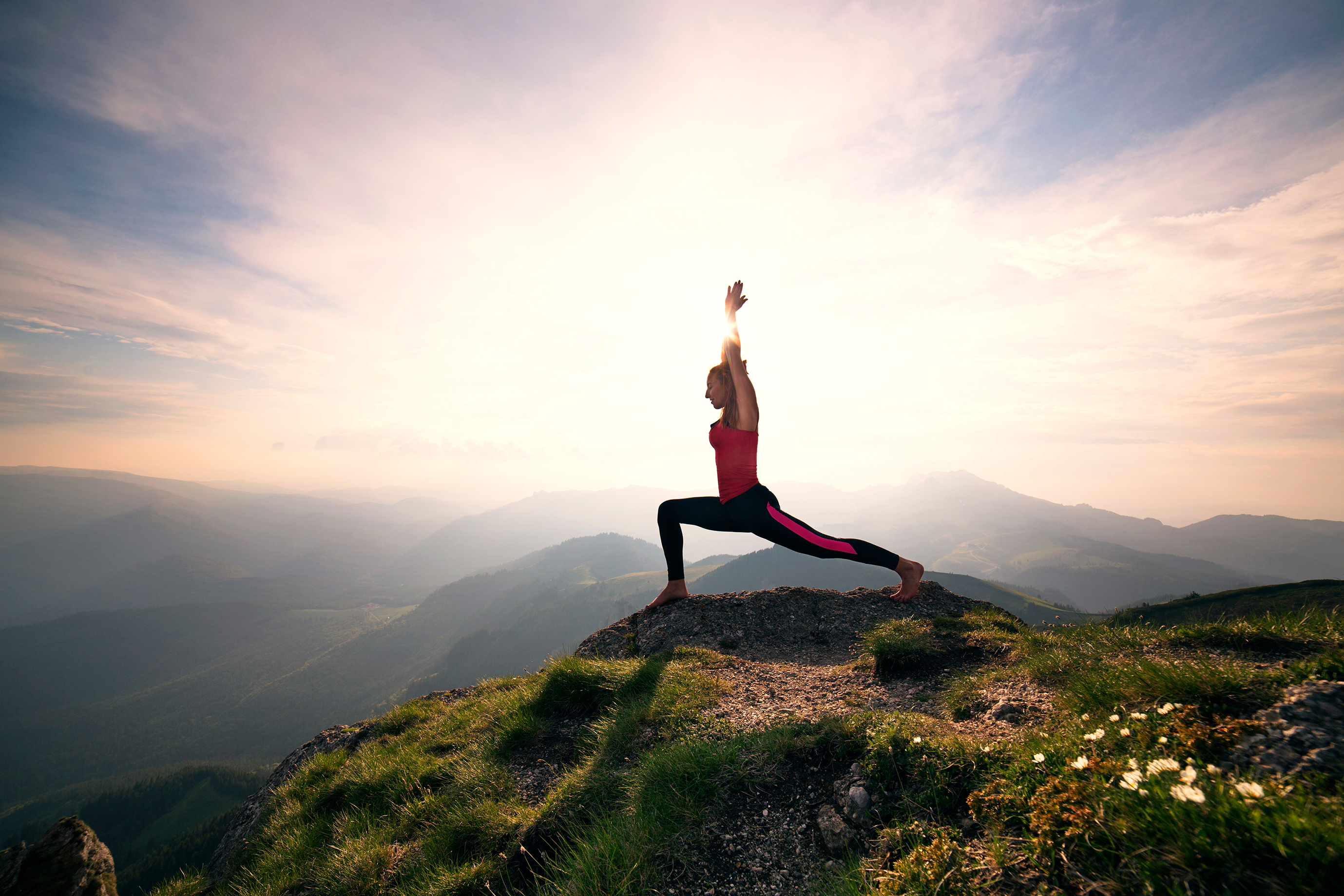How to be Zen at University: A Student's Guide to Mindfulness
The start of a new university semester can be stressful at the best of times, but students this year face even more challenges and uncertainties. Will virtual classes continue all year? What will exams look like this time around? What’s the best way to stay motivated when studying from home?
No one knows what the remainder of this academic year, and the others to follow, will hold - and that can be a lot for anyone to take in. To tackle the semesters ahead, we’ve prepared this mindfulness guide for students. Read on for tips on how to embrace healthy habits, stay organised, and reflect on the present.
Let’s take a look:
Mindfulness Starts with Getting Organised
Many higher education institutions are planning to leverage the hybrid model this year, in which classes are delivered both online and in-person. This will be a new balancing act for students. To not miss a beat switching between virtual and face-to-face lessons, it’s important to develop great organisational skills.
If you prefer using a physical pen and paper, it’s a smart idea to invest in an inspirational paper planner. It will not only help you to stay on top of daily tasks, but also to plan out how you’ll complete assignments due in the weeks and months ahead. If time-management and productivity apps like Notion, ZenDay or Google Calendar are more your style, that’s great too.
Since libraries or common study spaces on campus might be more difficult to access this year, we recommend you think about how to create zen study spaces at home. Keeping clutter to a minimum might be a good idea (unless you’re in a creative field!). Even choosing the right colours for the space can influence the way you work. Blue, for example, induces feelings of calm and yellow can make you feel more optimistic.
Meditate and Build Resilience
According to a Cambridge study, by the second-year of university, students tend to experience more mental illness compared to the general population. However, practicing mindfulness can have a powerful effect on your psyche. Researchers found mindfulness training helped to increase resilience to stress in 600 students at the university, including during exam time. It’s certainly worth considering.
If you set aside time for meditation practice, you’ll give yourself the opportunity to focus on the present, embrace gratitude, and feel more calm. Ideally, you’ll also carry these habits and feelings with you into the classroom.
While meditation is open for anyone to practice - anytime - you might also enjoy listening to guided meditation. Mindworks, for example, offers a range of meditation courses that focus on topics like confidence, resilience and well-being. At the moment, they’re offering some courses for free. Headspace is also a popular app that helps you introduce meditation into your daily routine.


Reflect Daily and Develop Goals
The beginning of a new university year is a great time to sit down and reflect. What are your long-term and short-term plans? What courses are you most excited about? What new skills do you hope to learn? But don’t stop there. In fact, it’s a great idea to reflect daily, throughout the semester.
Making a habit of daily reflection can help you develop clear goals. It can also help you learn from your mistakes and develop self-compassion. Reflection can even help you come up with great ideas for new projects or upcoming assignments. Do it in the way that works best for you, whether you plan to think in the shower, on a run, or write down your thoughts in a notebook while sipping your morning coffee. There is no wrong way to reflect!
For students who like to keep track of how their ideas have evolved, The Happiness Project One-Sentence Journal could be an interesting and fun investment. It’s a book made for people to write down one sentence a day for five years. We think it’s perfect for students who want to track their university careers and transition into professional life.
Bullet Journaling - a personal organisation/life tracking method - has also become a popular way for people to write down their reflections and keep track of their thoughts.
“The point of reflection is to make sure that the things you’re pursuing continue to matter to you even as life changes around you. It will help you focus on the why rather than the what,” wrote Ryder Carroll, the creator of the Bullet Journal, in a blog post.
Set Up an Evening Routine
It can be tempting to regularly stay out late, or procrastinate until you’re forced to pull an all-nighter studying, but sleep is incredibly important and many university students don’t get enough of it.
Setting up an evening routine can do wonders for your physical and mental health. It can also ensure you’re getting in enough restful hours to face the day ahead.
There are plenty of things you can do to sleep better. When it comes to engaging in an evening routine, this fact-checked article by the US-based National Sleep Foundation recommends people:
- Slow down at least 30 minutes before sleeping. Reading, lightly stretching, or listening to relaxing music can all help.
- Avoid bright lights and blue lights (think laptops, mobile phones and other devices).
- Put down phones, laptops and tablets, which can keep the brain wired and suppress melatonin production.
You might also want to consider using calming essential oils - like lavender or vanilla - to create a more restful environment. You can also try buying ear plugs to reduce noise if you live with roommates. In addition, try to stay away from your favourite Netflix shows. An article published in the Journal of Clinical Sleep Medicine found people who binge-watching before bed have poorer sleep quality.


Stay Active and Engage your Body
Finally, get outdoors and keep your body moving. Virtual classes can take a toll on your mind and body, but just ten minutes in a natural environment can help you feel less stressed and happier, according to a recent study by Cornell University.
So going on a hike with a friend, a bike ride to reflect, or simply studying outside on campus grounds can help you feel more relaxed - and less isolated at that.
Sign Up to our Student Mailing List
Are you interested in hearing about our latest offers, initiatives and services?
If so, please sign up to our exclusive student mailing list. Note, you can “opt-out” easily at any point in time.

